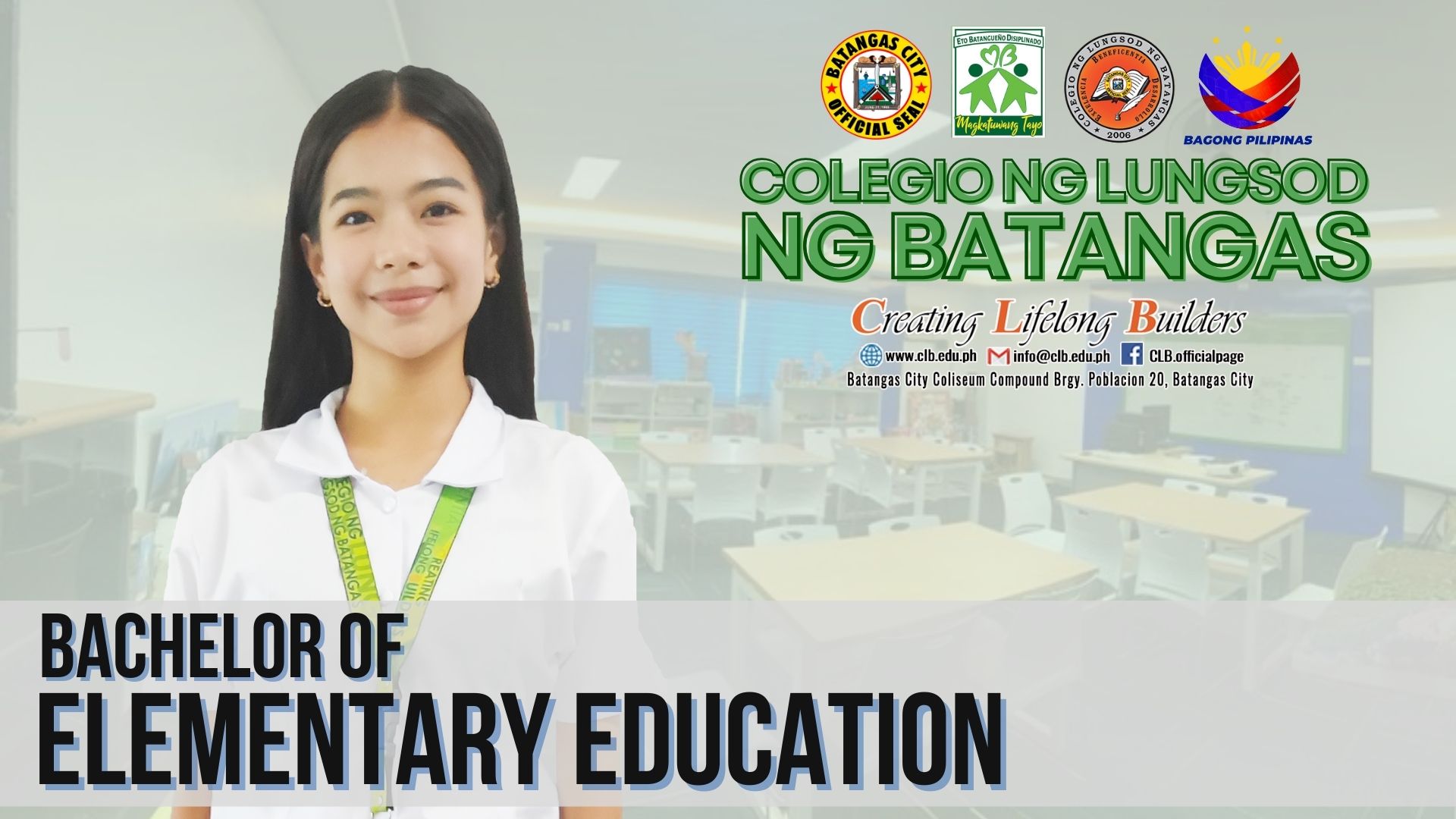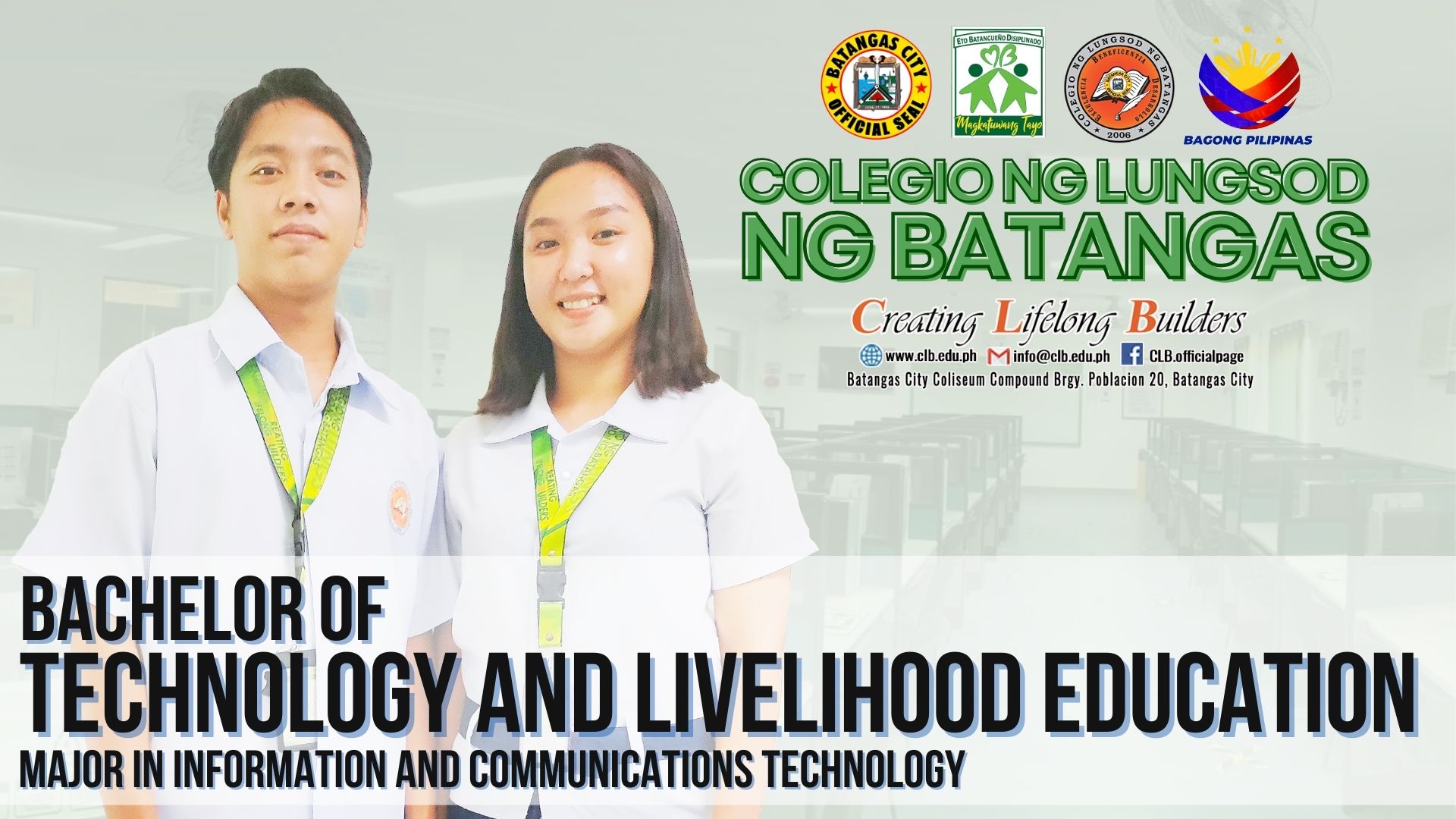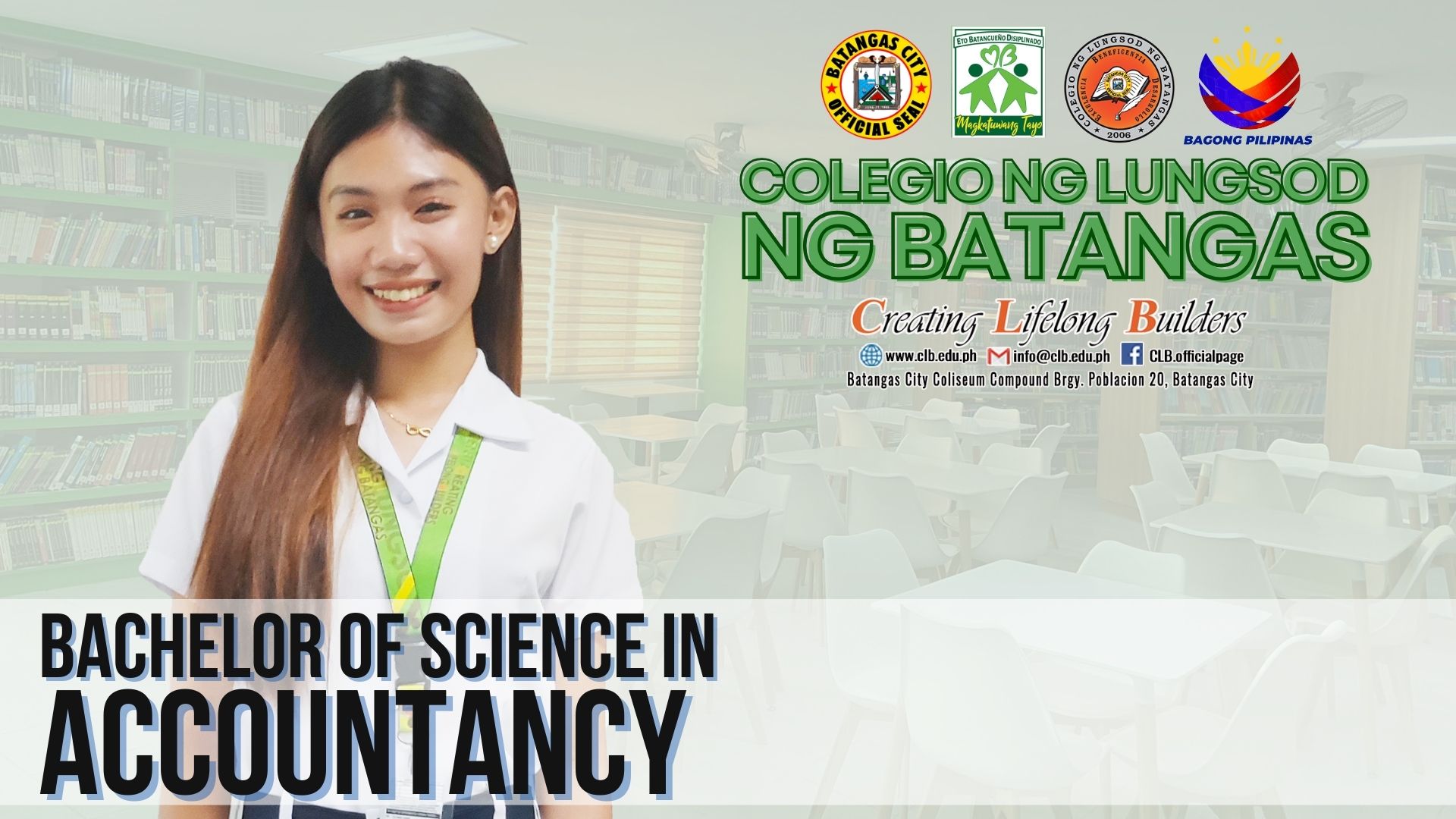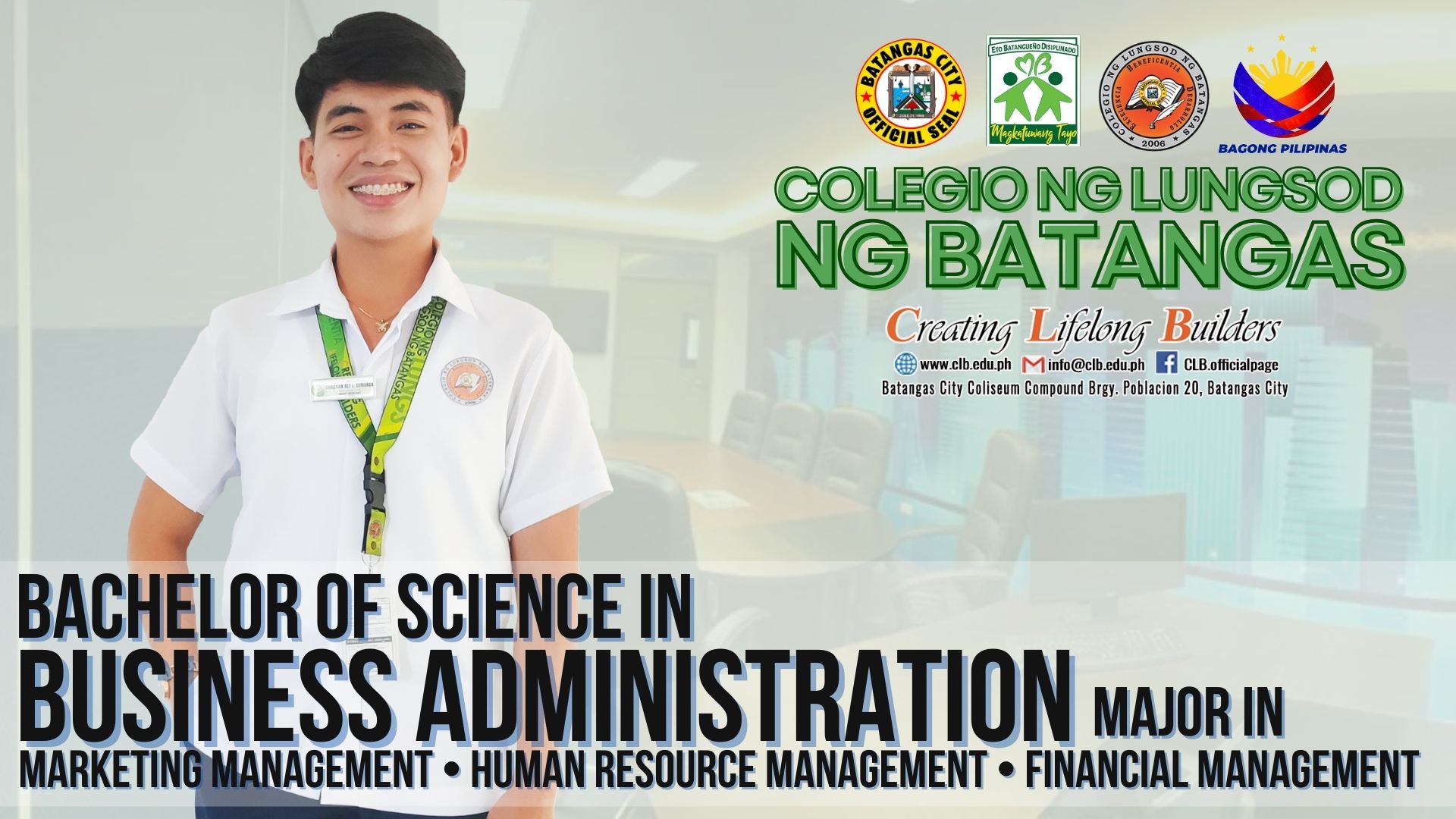Bachelor of Elementary Education (BEED)
Major in Content Courses
1. To develop the teaching skills of students in educating early age learners
2. To expose students to the modern methods and techniques in teaching the basic
knowledge and skills in all subject areas covered by primary education
3. To train students how to develop early age learners with basic mathematical,
speaking, writing, reading, and speaking skills.
4. To hone committed primary school teachers whose clear understanding and appreciation
of human ideals and values inspire young learners to realize their potential.

Bachelor of Technology and Livelihood Education (BTLED)
Major in Information and Communications Technology
1. To develop highly competent and motivated teachers in Technology and Livelihood
Education for Grades 4-8
2. To develop teachers who are critical thinkers, self-reliant, independent, culturally
sensitive, and entrepreneurial on the different uses of technology and application of
life skills.
3. To develop among learners the necessary decision making, social, and technological
skills which are important for occupational success.
4. To produce efficient and effective promoters and facilitators of learning who enable
learners to develop to the fullest their potential for a continuing pursuit of lifelong
learning in technology and livelihood education.

Bachelor of Physical Education (BPED)
1. To prepare students to teach physical education, recreation, and sports.
2. To train students to become sports, dance, recreation, and fitness specialists.
3. To develop students’ appreciation of physical education and sports as a discipline
applicable to social activities.
4. To train students to be proficient in sports coaching and officiating, and in
administering, conducting and supervising sports, dance, and recreational programs.

Diploma of Technology and Livelihood Education
Program (DTL)
The Diploma of Technology and Livelihood is a three-year technical vocational program that equips learners with adequate and relevant competencies in the area of technology and livelihood particularly in the sectors of automotive, construction, electrical and electronics, HVAC (heating, ventilation and air-conditioning), agriculture, metals and engineering. The course aims to develop globally competitive, skilled and certified workers and trainers in technical and vocational education relevant to the needs of local and international labor markets.
The diploma of technology and livelihood curriculum deals with knowledge skills, attitudes, values and experiences that will provide the learners with the necessary competencies. It also prepares the graduates to practice careers in various sectors of industry as entrepreneurs or as an employee.
The diploma of technology and livelihood curriculum deals with knowledge skills, attitudes, values and experiences that will provide the learners with the necessary competencies. It also prepares the graduates to practice careers in various sectors of industry as entrepreneurs or as an employee.

BS Accountancy (BSA)
This program aims to produce professionals who:
1. are capable of making a positive contribution over their lifetimes to the profession
in any of the four sectors: education, public practice, government and commerce and
industry;
2. have actively involved in community extension service towards the improvement and
development of the society;
3. presented themselves in a respectable manner that upholds the honor, dignity and
integrity of accountancy profession by adhering to the code of professional ethics;
and
4. have developed professional competence required in local and off-shore training and
development as accounting practitioners.
Graduates of BSA program should be able to:
1. Demonstrate readiness to pass the CPA Licensure Examination;
2. Apply organizational and business knowledge in the performance of their job
assignments;
3. Resolve business issues and problems, with a global and strategic perspective using
knowledge and technical proficiency in the areas of financial accounting and reporting,
cost accounting and management, accounting and control, taxation and accounting
information systems with integrity, objectivity and competence;
4. Apply critical thinking skills in problem solving and decision- making;
5. Design, implement and/or evaluate a computer-based accounting system, and incorporate
and apply the concept of digitalization;
6. Communicate effectively both in oral and written forms;
7. Conduct and apply feasibility study and research; and
8. Contribute to the advancement of the country’s national development thrust, concerns
and socio-economic plans.

BS Business Administration (BSBA)
Major in Marketing Management
This program aims to produce business leaders who:
1. Acquired and developed professional competence in business discipline concepts and
fundamentals required in business setting both locally and globally;
2. conducted themselves in a respectable manner that upholds the honor and integrity of
a business leader by adhering to the code of professional ethics; and
3. have actively involved in community service towards the development and improvement
of the society.
The Marketing Graduates of BSBA program should be able to:
1. Communicate effectively both in oral and written forms;
2. Demonstrate proficiency in the basic functions of management in the corporate world;
3. Conform with the ethical standards of the profession in the performance of their job
assignments;
4. Apply critical thinking and information and communication technology skills in
problem-solving and decision-making;
5. Demonstrate leadership qualities, civic-mindedness and responsible citizenship;
6. Contribute to the advancement of the country’s national development thrust, concerns
and socio-economic plans; and
7. Participate in local and national development activities in response to the needs of
the communities.
